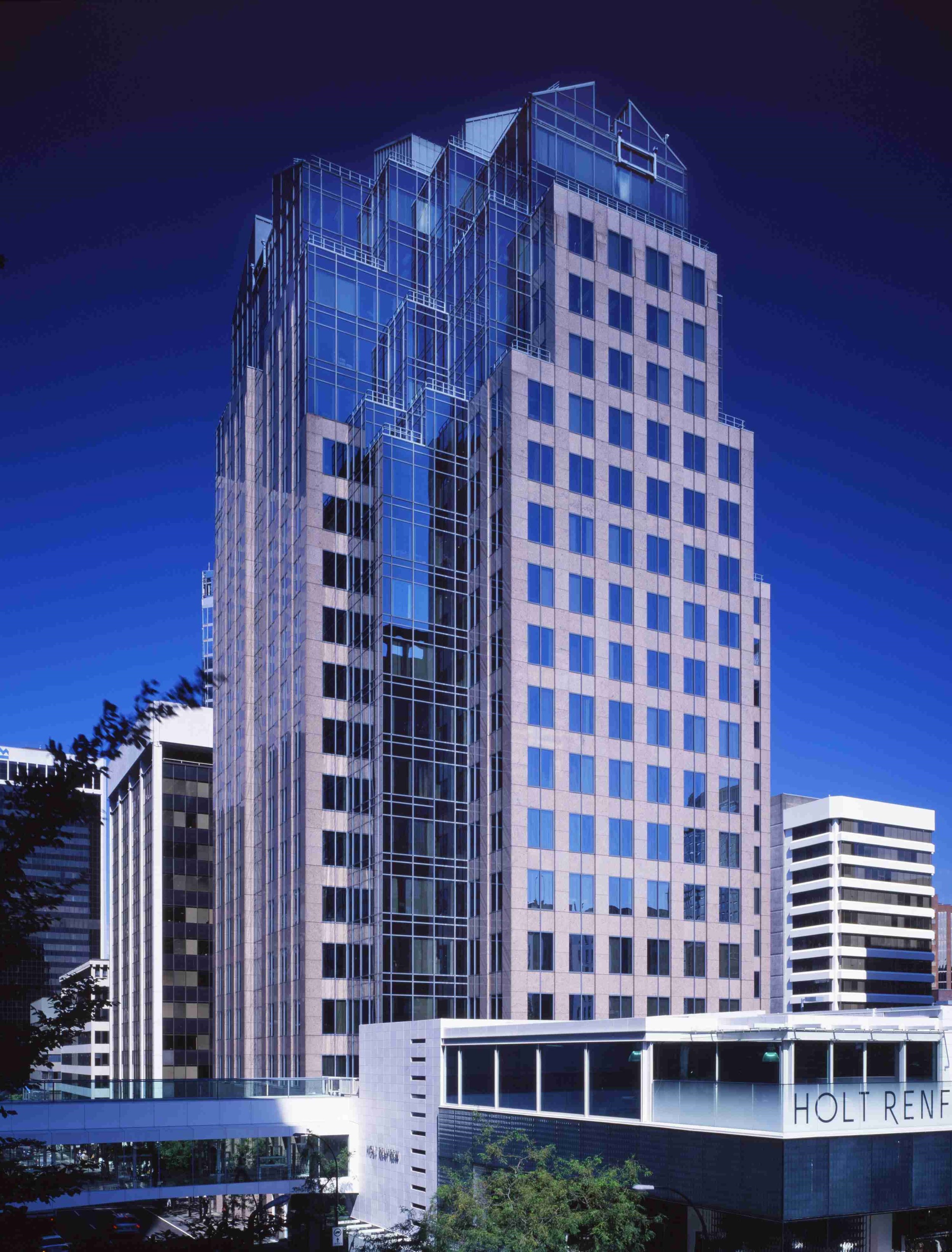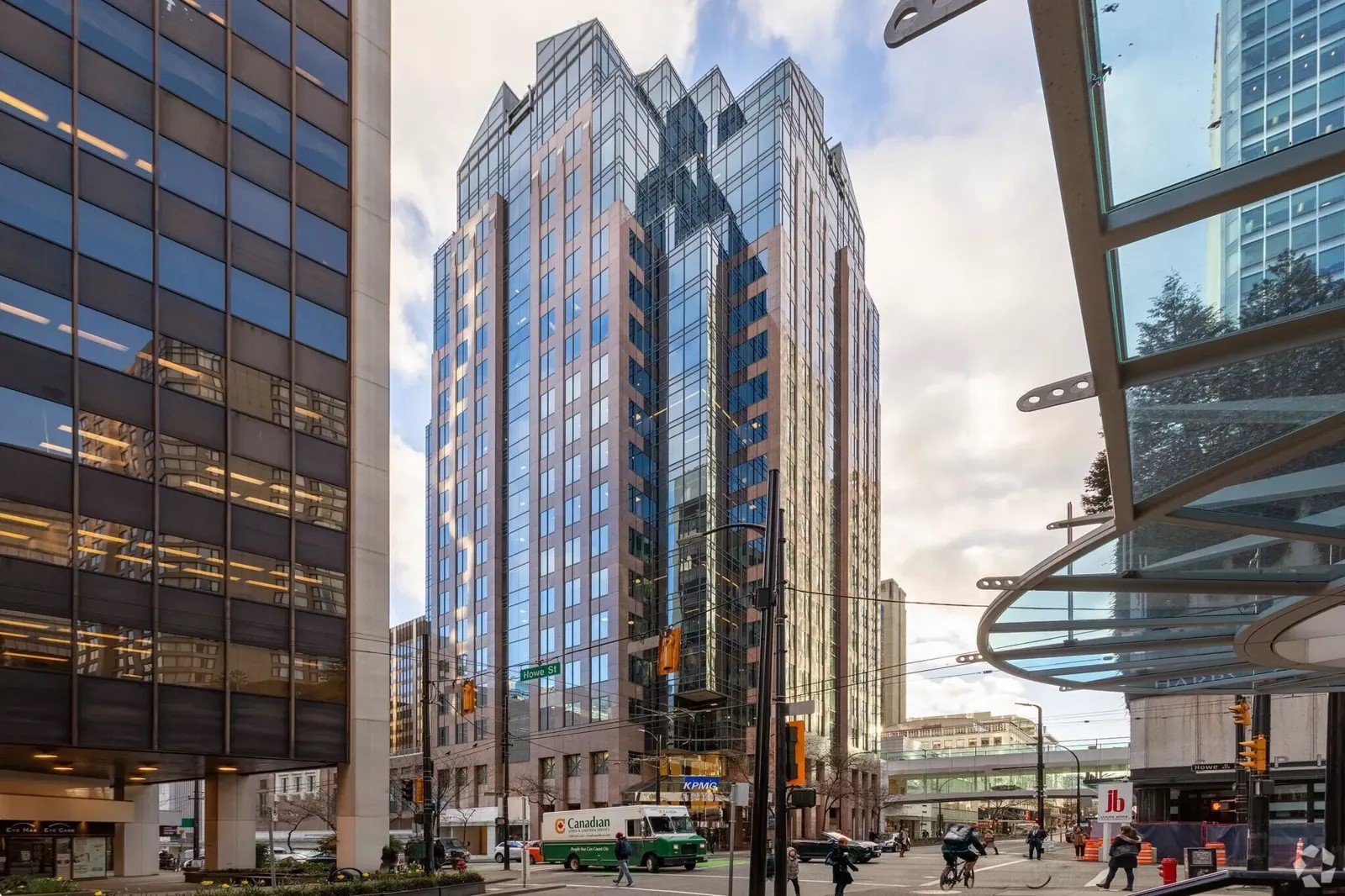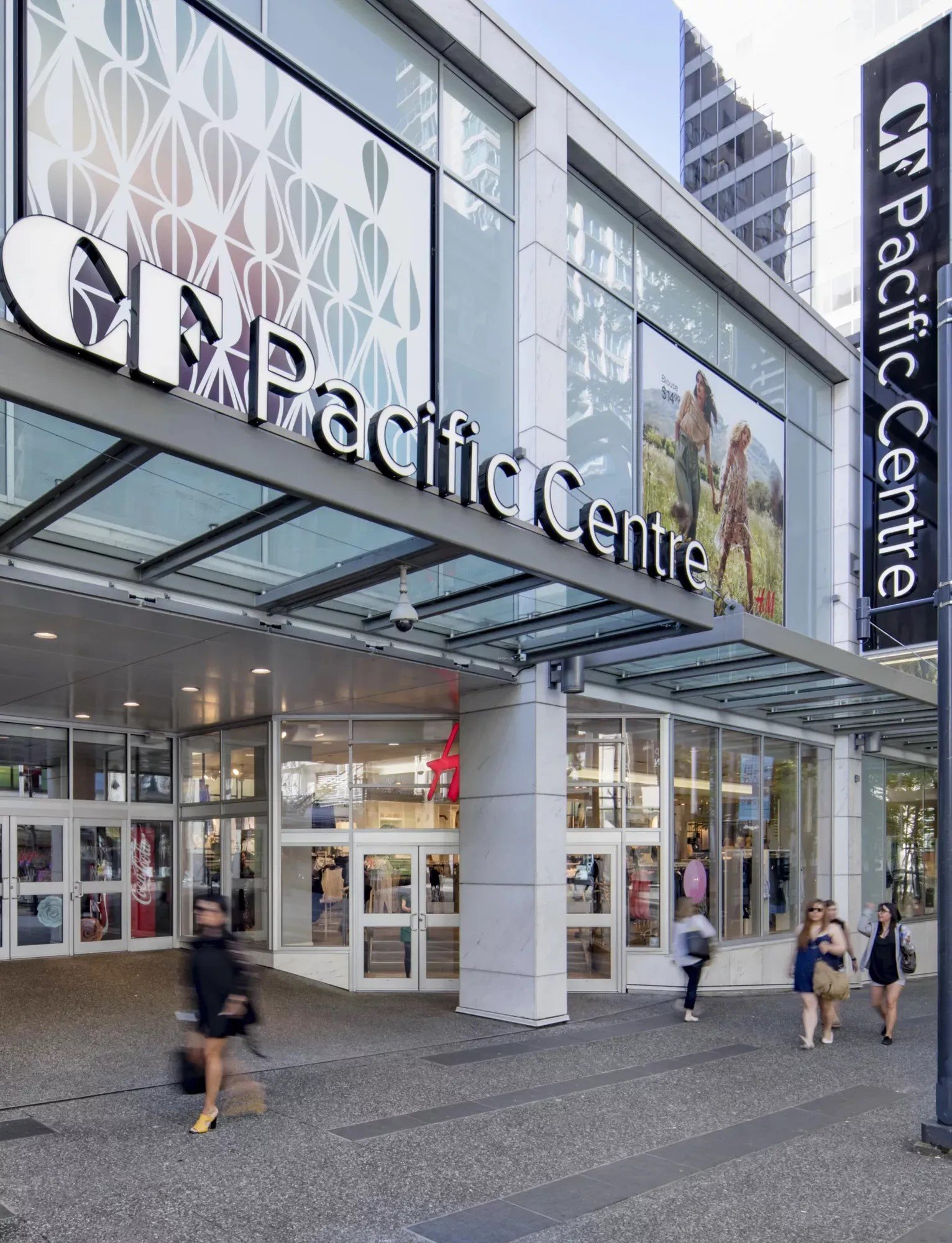777 Dunsmuir
-
2017
-
Cadillac Fairview
-
30
-
400 ft
-
264,000 sqft
-
Silver
-
Retrofit
A decade before the concept of decarbonizing commercial buildings heating systems was commonplace, Cadillac Fairview self imposed mandates to improve the efficiency of their Class A building portfolio. Despite falling natural gas prices and a lack of green house gas emissions reductions target from any level of government, Cadillac Fairview led the industry with a solution to retrofit geo-exchange under the existing occupied building. In 2017, ThermaStor Solutions original management team successfully planned and installed the worlds first, 12,000 linear foot retrofit borefield under this commercial building to decarbonize the fossil fuel based heating system.



The Push To Decarbonize Real Estate Is Heating Up
By traditional business standards, it looked like a questionable idea. It was 2014 and Cadillac Fairview, a national commercial real estate firm, was about to install a cutting-edge geo-exchange system. The project would involve drilling 30 boreholes 400 feet below the parkade at 777 Dunsmuir Street—a mixed-use tower built in 1990 in the heart of downtown Vancouver—and inserting a piping system that would help remove heat in the summer and provide it in the winter.
March 5, 2024
By Jennifer Van Evra, BC Business
The geothermal retrofit would reduce the nearly 200,000-square-foot building’s carbon emissions from heating by 85 percent. Still, the $2-million project was a tough sell, especially since it would take more than a decade to recoup the cost.
“People weren’t talking about carbon reduction and looking at these new, unique technologies for office buildings. And an 11-year payback? People wouldn’t even look at projects like that,” recalls Lillian Tummonds, Cadillac Fairview’s VP of office operations for Western Canada. “Our finance department was like, ‘No.’ But we said, ‘You know what? We want to be bold. We want to try out these new technologies.’”
At the time it was a lonely bandwagon, but now the push to decarbonize is rapidly gathering steam across North America. According to a City of Vancouver report, the burning of natural gas in buildings accounts for a whopping 57 percent of the total carbon emissions generated in Vancouver. And because of a new city bylaw that comes into effect this year, owners of large commercial properties are going to have to reckon with those emissions—and soon.
Under the bylaw—the first of its kind in Canada, and inspired by similar measures in cities like New York, Boston and Washington, D.C.—owners of buildings over 100,000 square feet must report their emissions starting June 1. Beginning in 2026, they’ll need to gradually limit those emissions to the point where, by 2040, all existing large office and retail buildings will be zero-emission.
Excerpt from original BC Business article by Jennifer Van Evra.
Jennifer Van Evra is an award-winning Vancouver journalist, broadcaster, and UBC writing instructor.

